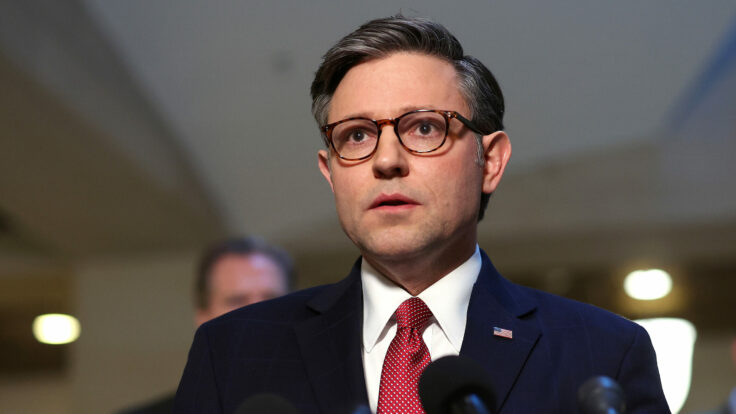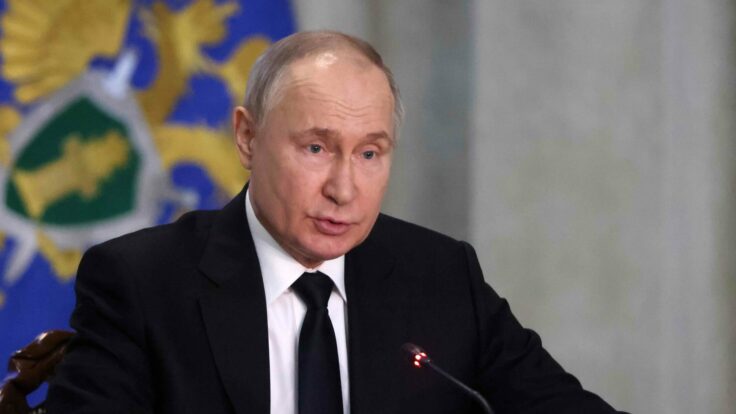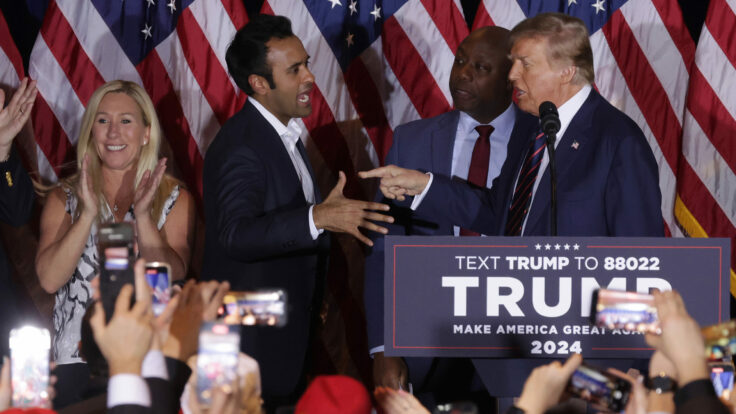I first met Dr. Andrey Sushentsov in Moscow back in 2017. It was slushy and gray outside, one of those days when you can’t tell if it’s February or December, when spring seems like an impossible dream because it feels like it has only ever been winter. Sushentsov invited me to meet with him in a sleek co-working space in a renovated neoclassical building sandwiched between Lubyanka Square, where the FSB has its headquarters, and the neighborhood just outside the Red Square where all kinds of government ministries and departments have their offices—the corner of Moscow that is most like Washington, D.C.
We sat on velvet couches, drinking hot tea and talking about Russia’s place in the world order, and the kinds of classes that Sushentsov teaches at MGIMO, the elite university affiliated with the Russian Foreign Ministry that trains future Russian diplomats. Sushentsov, himself a graduate of the school, was different from most people I’d ever interviewed about Russian foreign policy. Compared to them, he was quite young—my age, I later realized—and quite reasonable. Unlike the foreign policy discussion on Russian state television, there was no yelling, no cursing, no insanely inappropriate analogies. Sushentsov was clear and precise in explaining the Kremlin’s geopolitical strategy, and even the nationalism woven through his views seemed as understandable as the American nationalism I heard back in Washington. Sushentsov represented the new generation of Russian foreign policy thinkers and practitioners. Young, modern, globally-minded, and far more elegantly dressed than their Washington counterparts.

















